Exploring the Latest Trends in Lifestyle Store News
The Transformative Power of Lifestyle Stores today’s fast-paced world, lifestyle stores have evolved into more than just retail spaces; they serve as dynamic hubs of creativity, inspiration, and community engagement. These unique establishments curate a blend of products that reflect individual tastes, promote well-being, and enhance daily living. As we delve into the transformative power of lifestyle stores, we’ll explore their impact on consumer behavior, emerging trends, and what the latest lifestyle store news reveals about the evolving retail landscape.
The Rise of Lifestyle Stores
Over the past decade, there has been a significant shift in how consumers engage with retail. Traditional department stores are gradually giving way to lifestyle stores that offer a carefully curated selection of products, ranging from home decor and fashion to wellness items and gourmet food. This evolution reflects a broader change in consumer priorities, where experiences and personal expression take center stage.
Understanding the Shift
The rise of lifestyle stores can be traced back to several key factors:
- Consumer Desire for Personalization: Modern consumers crave personalized experiences. Lifestyle stores often provide tailored shopping experiences that allow customers to express their individuality.
- Focus on Quality Over Quantity: The shift from mass-produced goods to quality items that tell a story has driven consumers toward lifestyle stores. Shoppers are more discerning and interested in the craftsmanship and origins of the products they purchase.
- Digital Influence: The digital landscape has altered consumer behavior significantly. Social media platforms, particularly Instagram and Pinterest, have fostered an environment where visual aesthetics and lifestyle inspiration are paramount, encouraging consumers to seek out stores that align with these ideals.
The Concept of Lifestyle Retail
Lifestyle retail goes beyond simply selling products; it embodies a philosophy that resonates with consumers’ aspirations and values. These stores create immersive experiences that allow customers to envision how products fit into their lives. Whether through thoughtfully designed store layouts, engaging staff, or interactive events, lifestyle stores invite consumers to connect with brands on a deeper level.
Elements of Successful Lifestyle Retail
- Curation: Successful lifestyle stores curate collections that reflect current trends, seasonal changes, and the unique preferences of their target audience. Each item is selected for its aesthetic appeal and functionality.
- Storytelling: Many lifestyle brands incorporate storytelling into their retail strategies, sharing the narratives behind products and the artisans who create them. This connection enhances emotional engagement with the consumer.
- Atmosphere: The in-store atmosphere plays a crucial role in the shopping experience. Thoughtful interior design, music, and scent can create an inviting environment that encourages exploration and discovery.
Curated Collections: The Heart of Lifestyle Stores
One of the defining features of lifestyle stores is their emphasis on curated collections. Instead of offering a vast array of generic items, these stores focus on quality over quantity. Each product is chosen for its aesthetic appeal, functionality, and story. This careful curation not only enhances the shopping experience but also fosters a sense of community among customers who share similar interests.
Examples of Curated Collections
- Home Decor: Many lifestyle stores specialize in home decor, offering unique furniture pieces, textiles, and decorative items that reflect current design trends. For instance, a store may curate a collection centered around sustainable materials, highlighting local artisans who create eco-friendly products.
- Fashion: Lifestyle fashion boutiques often feature a carefully selected range of clothing and accessories that embody a specific aesthetic or theme. A store might focus on minimalist design, showcasing brands that prioritize timeless pieces over fast fashion.
- Gourmet Food: Curated food sections in lifestyle stores have become increasingly popular. These stores may offer artisanal products, organic snacks, or international delicacies, allowing customers to explore global flavors without leaving their neighborhood.
Embracing Sustainability and Ethical Practices
In recent years, sustainability has become a cornerstone of lifestyle retail. Consumers are increasingly concerned about the environmental and social impact of their purchases. Lifestyle stores are responding by sourcing products from ethical brands, emphasizing eco-friendly materials, and promoting sustainable practices. This commitment not only attracts environmentally conscious consumers but also sets lifestyle stores apart in a crowded market.
Sustainable Sourcing
Many lifestyle stores prioritize sustainable sourcing by partnering with brands that adhere to ethical production practices. For instance, they may choose to work with suppliers who prioritize fair trade, organic materials, or cruelty-free processes. This transparency builds trust with consumers eager to support businesses aligned with their values.
Eco-Friendly Practices
Beyond product selection, many lifestyle stores implement eco-friendly practices within their operations. This may include reducing plastic use, offering recycling programs, or utilizing renewable energy sources. For example, some stores have begun to offer discounts to customers who bring their own bags or containers, promoting sustainable habits.
Case Study: The Rise of Sustainable Brands
A prime example of a successful lifestyle store embracing sustainability is Everlane. This fashion retailer has built a reputation on transparency, showcasing the true cost of production for its items. Everlane’s commitment to ethical manufacturing and sustainable practices has garnered a loyal customer base that values its mission.
The Importance of Community Engagement
Lifestyle stores are not just places to shop; they serve as community hubs that bring people together. Many lifestyle stores host events, workshops, and pop-up markets that encourage local artists and entrepreneurs to showcase their work. These initiatives support the local economy and create a sense of belonging among customers. In an age of digital connectivity, the desire for authentic community experiences is stronger than ever.
Events and Workshops
Lifestyle stores often organize events that promote creativity and foster community engagement. For example, a store might host a DIY workshop where customers can learn to create their own home decor items. Such events not only provide valuable skills but also create opportunities for social interaction.
Collaborations with Local Artists
Many lifestyle stores collaborate with local artists to display their work or sell exclusive pieces. This not only supports the local arts community but also enriches the store’s offerings. For instance, a lifestyle store might feature rotating art installations, providing a platform for local talent while enhancing the store’s aesthetic appeal.
Trends Shaping the Future of Lifestyle Stores
As the retail landscape continues to evolve, several key trends are shaping the future of lifestyle stores:
- Personalization: As technology advances, lifestyle stores are leveraging data to provide personalized shopping experiences. From tailored recommendations to customized products, personalization is becoming a key differentiator in retail.
- Omni-channel Shopping: The integration of online and offline shopping experiences is vital for lifestyle stores. Consumers expect seamless transitions between browsing online and shopping in-store, leading to a more cohesive experience.
- Experiential Retail: To stand out, lifestyle stores are investing in experiential retail, offering immersive experiences that engage the senses. From in-store tastings to art installations, these experiences create memorable moments that encourage repeat visits.
- Health and Wellness Focus: The growing interest in health and wellness has influenced the types of products offered in lifestyle stores. Many now feature wellness sections with organic food, fitness gear, and self-care items, reflecting a holistic approach to living well.
- Tech Integration: Technology is reshaping the retail landscape, and lifestyle stores are embracing innovations such as augmented reality (AR) and virtual reality (VR) to enhance the shopping experience. These technologies allow customers to visualize products in their homes or try on clothing virtually.
Lifestyle Store News: What’s New and Noteworthy
Staying updated with lifestyle store news is essential for consumers looking to discover the latest trends and products. From grand openings and innovative collaborations to sustainability initiatives and community events, lifestyle store news provides insights into the ever-evolving retail environment.
Innovative Collaborations
Many lifestyle stores are partnering with local artisans and brands to create exclusive product lines. These collaborations not only promote local talent but also offer customers unique items that they can’t find anywhere else. Keeping an eye on these collaborations can lead to exciting finds and support for small businesses.
Example: Collaboration Highlights
A recent collaboration between a local lifestyle store and a ceramic artist resulted in a limited-edition dinnerware collection that showcases unique, hand-crafted designs. The store hosted a launch event where customers could meet the artist, learn about the creative process, and purchase exclusive pieces.
Sustainability Initiatives
As sustainability continues to gain momentum, many lifestyle stores are launching initiatives aimed at reducing their carbon footprint. From implementing recycling programs to sourcing sustainable materials, these efforts are making a significant impact on the retail industry.
Spotlight on Sustainable Practices
One noteworthy initiative comes from a well-known lifestyle store that recently introduced a “green rewards” program. Customers earn points for every sustainable purchase they make, which can be redeemed for discounts on future purchases. This program encourages eco-friendly shopping habits while rewarding loyal customers.
Community Events
Lifestyle stores are increasingly hosting community events to engage customers and foster connections. From workshops on sustainable living to pop-up markets featuring local vendors, these events create opportunities for consumers to learn, connect, and support their community.
Example of a Successful Event
A popular lifestyle store organized a “Local Makers Market,” showcasing handmade products from artisans in the area. The event featured live music, food trucks, and interactive activities for families, drawing in a diverse crowd and strengthening community ties.
The Future of Lifestyle Retail
As we look to the future, lifestyle stores are poised to play an even more significant role in shaping consumer behavior and community engagement. The emphasis on curated experiences, sustainability, and personalized service will continue to drive growth in this sector.
Adapting to Consumer Needs
In a rapidly changing market, lifestyle stores must remain agile and responsive to consumer needs. This involves continuously evolving product offerings, embracing new technologies, and finding innovative ways to connect with customers.
Case Study: Adapting to Change
A notable example of adaptability is Anthropologie, which has successfully expanded its online presence while enhancing its in-store experiences. By leveraging social media for engagement and offering exclusive online collections, Anthropologie has effectively catered to the shifting preferences of modern consumers.
A Focus on Wellness
With a growing emphasis on health and wellness, lifestyle stores that prioritize these values will likely thrive. Offering products and experiences that promote well-being will resonate with consumers seeking to improve their quality of life.
Wellness-Centric Initiatives
Many lifestyle stores are now dedicating sections to wellness, featuring organic food, fitness products, and self-care items. Stores may also host wellness workshops, inviting experts to share insights on nutrition, mindfulness, and holistic living.
The Role of Technology in Lifestyle Retail
The integration of technology into lifestyle retail is transforming how consumers interact with brands and make purchasing decisions. As we move forward, several technological trends are poised to shape the future of lifestyle stores.
E-commerce and Mobile Shopping
The rise of e-commerce has significantly influenced consumer behavior, with many shoppers preferring the convenience of online shopping. Lifestyle stores must adapt by offering seamless online experiences, including user-friendly websites, mobile apps, and efficient delivery options.
Enhancing Online Experiences
Lifestyle stores can enhance their online experiences by incorporating user-generated content, allowing customers to share their experiences with products. Reviews, photos, and social media posts can build a sense of community and inspire potential buyers.
Social Media Engagement
Social media platforms have become vital tools for lifestyle brands to connect with their audiences. Brands leverage platforms like Instagram and TikTok to showcase products, share lifestyle inspiration, and engage with customers through interactive content.
Building Brand Communities
Many lifestyle brands use social media to build communities around shared interests. By encouraging customers to share their experiences and use branded hashtags, these stores foster a sense of belonging that keeps customers coming back.
Virtual Reality and Augmented Reality
The use of AR and VR technologies in lifestyle retail is on the rise, allowing customers to visualize products in their homes or try on clothing virtually. This technology enhances the shopping experience and reduces the uncertainty often associated with online purchases.
Example of AR in Retail
Stores like IKEA have implemented AR apps that allow customers to see how furniture will look in their homes before making a purchase. This innovative approach not only enhances customer satisfaction but also reduces returns, benefiting both the customer and the retailer.
Case Studies: Success Stories in Lifestyle Retail
To further illustrate the transformative power of lifestyle stores, let’s explore a few successful case studies that highlight innovative approaches and effective strategies.
Case Study 1: Muji
Muji, the Japanese lifestyle brand, has gained a global following for its minimalist design philosophy and commitment to sustainability. The store’s product range includes home goods, clothing, and stationery, all characterized by simplicity and functionality. Muji’s approach to lifestyle retail focuses on creating a calming shopping experience, encouraging consumers to embrace a clutter-free lifestyle.
Success Strategies:
- Minimalist Aesthetics: Muji’s store design emphasizes simplicity, allowing products to speak for themselves.
- Sustainable Practices: The brand uses eco-friendly materials and promotes a waste-free philosophy, resonating with environmentally conscious consumers.
Case Study 2: West Elm
West Elm, a home decor retailer, emphasizes ethically sourced products and a commitment to sustainability. The brand collaborates with artisans around the world, promoting fair trade practices and supporting local economies. West Elm’s focus on community engagement is evident through its in-store workshops, which encourage customers to explore their creativity while learning about sustainable living.
Success Strategies:
- Artisan Collaborations: West Elm partners with local artisans to create unique, handcrafted products, enhancing its product offerings while supporting local communities.
- Workshops and Events: The brand hosts various events that allow customers to engage with products in creative ways, fostering a sense of community.
Case Study 3: The Citizenry
The Citizenry is a lifestyle brand dedicated to supporting artisans globally. Each product is crafted in collaboration with local artisans, ensuring fair wages and sustainable practices. The Citizenry’s commitment to storytelling enhances its brand appeal, as customers can learn about the artisans behind each piece, fostering a deeper connection to their purchases.
Success Strategies:
- Storytelling Approach: The Citizenry effectively communicates the stories behind its products, building emotional connections with consumers.
- Sustainable Sourcing: The brand focuses on ethical production methods, attracting consumers who prioritize sustainability in their purchasing decisions.
The Impact of Lifestyle Stores on Consumer Behavior
The emergence of lifestyle stores has fundamentally altered consumer behavior, influencing how people shop and interact with brands. Understanding these changes provides valuable insights into the future of retail.
The Shift Toward Experience-Based Shopping
Consumers are increasingly seeking experiences over products. Lifestyle stores cater to this shift by creating immersive environments that invite exploration and engagement. This trend is particularly evident in the rise of experiential retail, where customers participate in workshops, events, and interactive displays.
Examples of Experiential Retail:
- Pop-Up Events: Many lifestyle stores host pop-up events featuring local vendors, creating a sense of urgency and excitement.
- Interactive Displays: Stores may incorporate interactive elements, such as touchscreens or virtual reality experiences, to engage customers.
The Importance of Authenticity
In an era of information overload, authenticity is paramount. Consumers are more inclined to support brands that align with their values and demonstrate transparency in their practices. Lifestyle stores that prioritize ethical sourcing, sustainability, and community engagement resonate strongly with today’s conscious consumers.
Building Authenticity:
- Transparency in Sourcing: Brands that openly share their sourcing practices build trust with consumers who seek authenticity.
- Community Involvement: Engaging in community initiatives demonstrates a commitment to local values and fosters brand loyalty.
The Global Influence of Lifestyle Stores
While lifestyle stores are thriving in many markets, their influence is not limited to a single region. The concept of lifestyle retail has gained traction worldwide, leading to unique adaptations in different cultural contexts.
Cultural Adaptations
- Asia: In Asia, lifestyle stores often blend traditional craftsmanship with modern design, creating products that resonate with both local and global consumers. Stores like Muji and Nitori have successfully adapted to local tastes while maintaining a focus on minimalism and functionality.
- Europe: European lifestyle stores emphasize a strong connection to heritage and craftsmanship. Brands like Scanteak and Fjallraven highlight sustainable practices while celebrating Scandinavian design aesthetics.
- North America: In North America, lifestyle stores often focus on community engagement and personalization. Brands like West Elm and Anthropologie foster connections with local artisans and emphasize experiential retail.
The Future of Lifestyle Stores: Predictions and Insights
As we look ahead, several predictions can be made about the future of lifestyle stores and their evolving role in the retail landscape.
Emphasis on Localism
In an increasingly globalized world, the trend toward localism will likely continue to gain momentum. Consumers will seek out lifestyle stores that prioritize local products, craftsmanship, and community engagement. This emphasis on localism not only supports small businesses but also fosters a sense of belonging.
Implications for Retail:
- Supporting Local Artisans: Brands that collaborate with local artisans can create unique offerings that resonate with consumers seeking authenticity.
- Community-Centric Initiatives: Lifestyle stores that prioritize community engagement will strengthen their ties with customers and enhance brand loyalty.
Integration of Technology and Personalization
The future of lifestyle retail will be characterized by the seamless integration of technology and personalized experiences. Brands that leverage data and technology to create tailored shopping experiences will stand out in a competitive market.
Examples of Personalization:
- Customized Recommendations: Lifestyle stores can use customer data to provide personalized product recommendations based on previous purchases and preferences.
- Virtual Try-Ons: Utilizing AR technology, stores can offer virtual try-on experiences, allowing customers to visualize how products will look before making a purchase.
Greater Focus on Wellness and Sustainability
The emphasis on health, wellness, and sustainability will continue to shape the offerings of lifestyle stores. Consumers will increasingly seek out products that promote well-being and align with their values, driving lifestyle stores to adapt their inventory and messaging accordingly.
Strategies for Wellness-Centric Retail:
- Wellness Workshops: Offering workshops focused on topics like mindfulness, nutrition, and fitness can attract health-conscious consumers.
- Sustainable Product Lines: Expanding product lines to include organic, eco-friendly, and ethically sourced items will resonate with environmentally aware shoppers.
Conclusion: The Transformative Power of Lifestyle Stores
Lifestyle stores are more than just retail spaces; they are catalysts for creativity, community, and sustainability. By embracing curated collections, fostering community engagement, and prioritizing ethical practices, these stores are redefining the shopping experience.
As we move forward, the importance of lifestyle stores in shaping our lifestyles and communities cannot be overstated. Keeping an eye on lifestyle store news will reveal the exciting developments that continue to emerge in this dynamic sector, offering consumers endless opportunities for inspiration and connection.
In the world of lifestyle retail, the possibilities are limitless, and the transformative power of these stores is just beginning to be realized. Whether you’re a consumer seeking inspiration or a business owner navigating the retail landscape, the journey of lifestyle stores promises to be an exciting one.
The future of lifestyle retail is bright, driven by innovation, sustainability, and the desire for authentic connections. Embrace the journey, and discover how lifestyle stores can enrich your life and community in ways you never thought possible.for more details please visit the website networksights.com
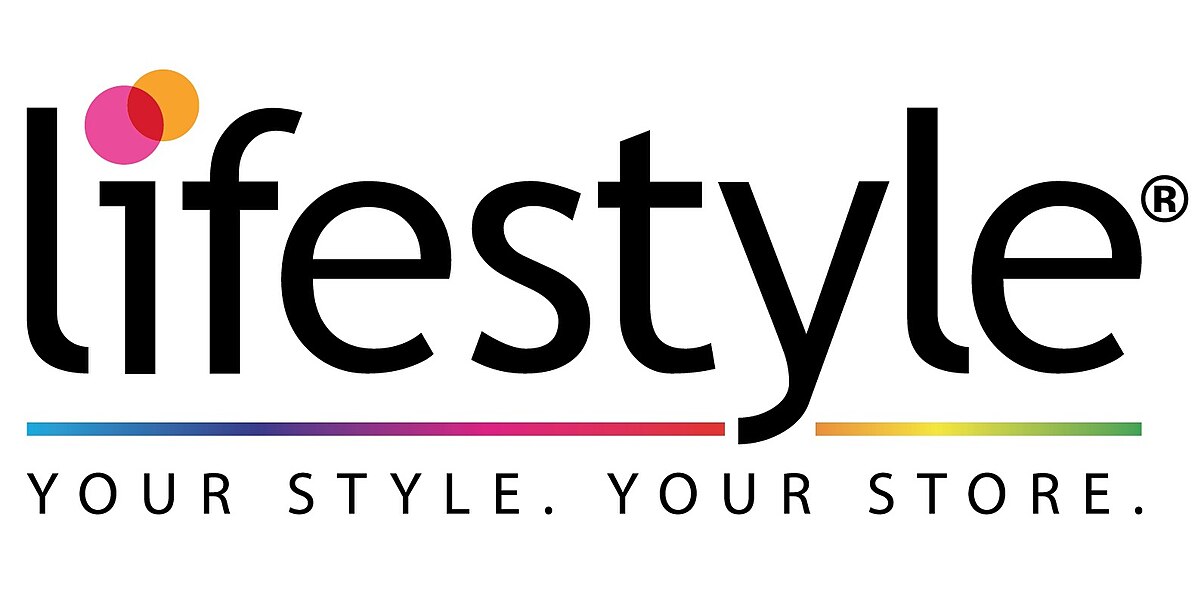
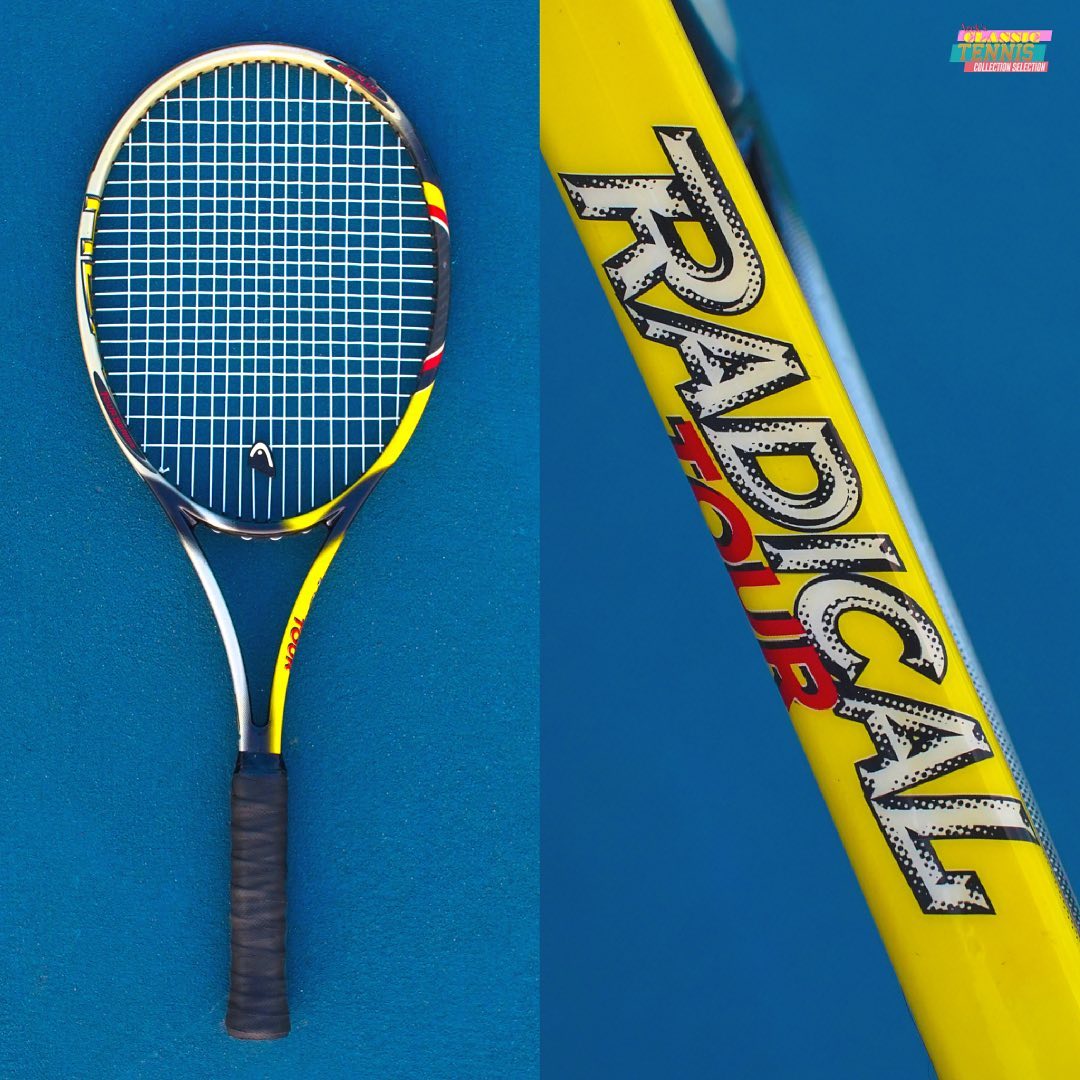
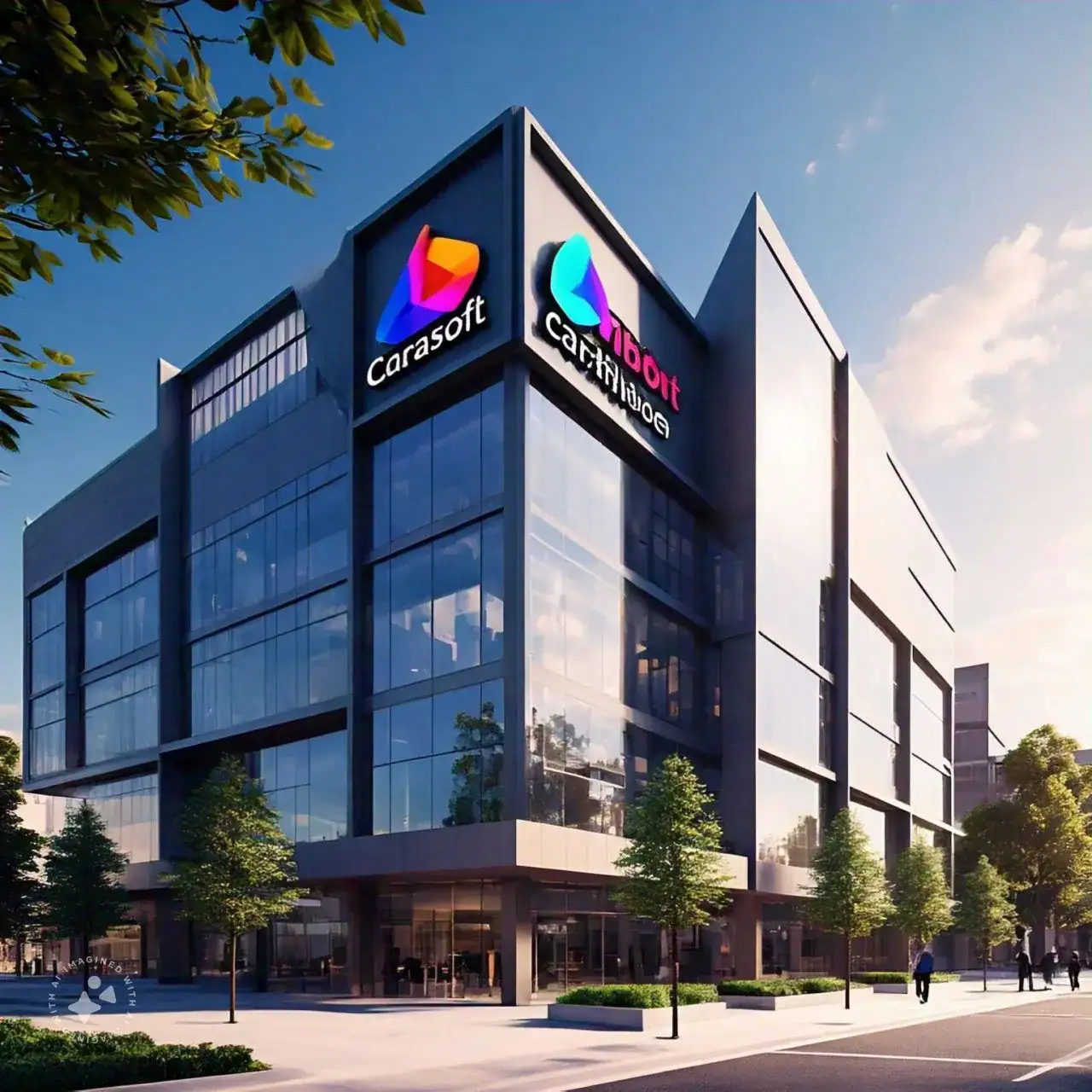
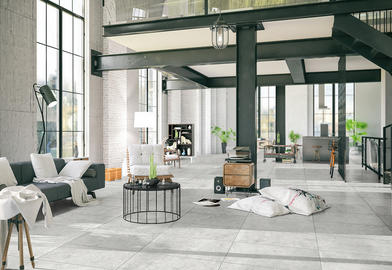

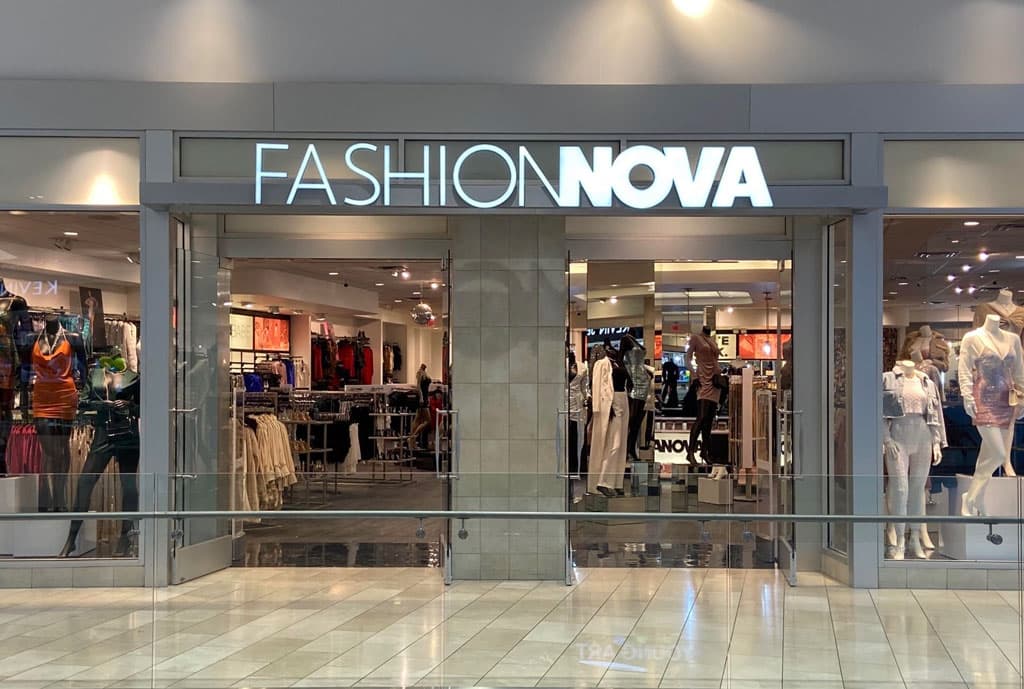


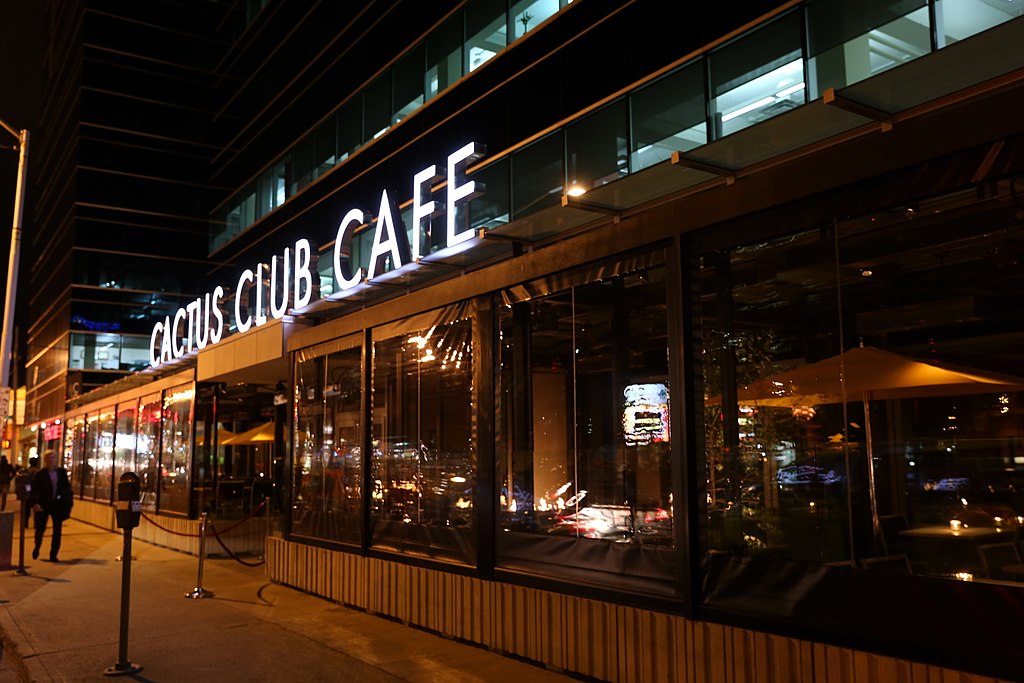
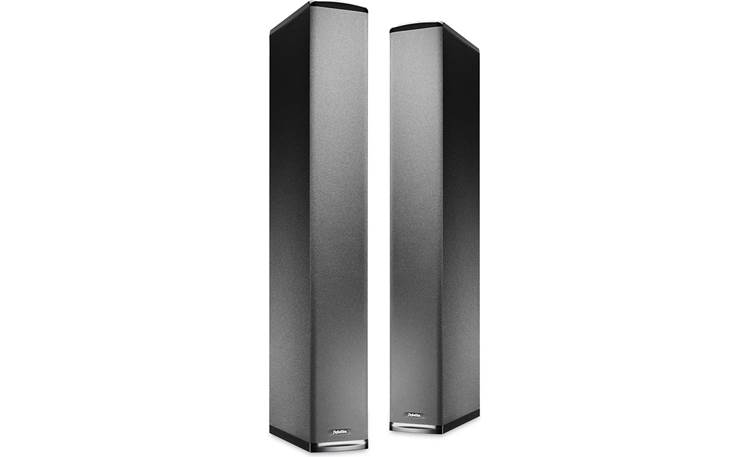
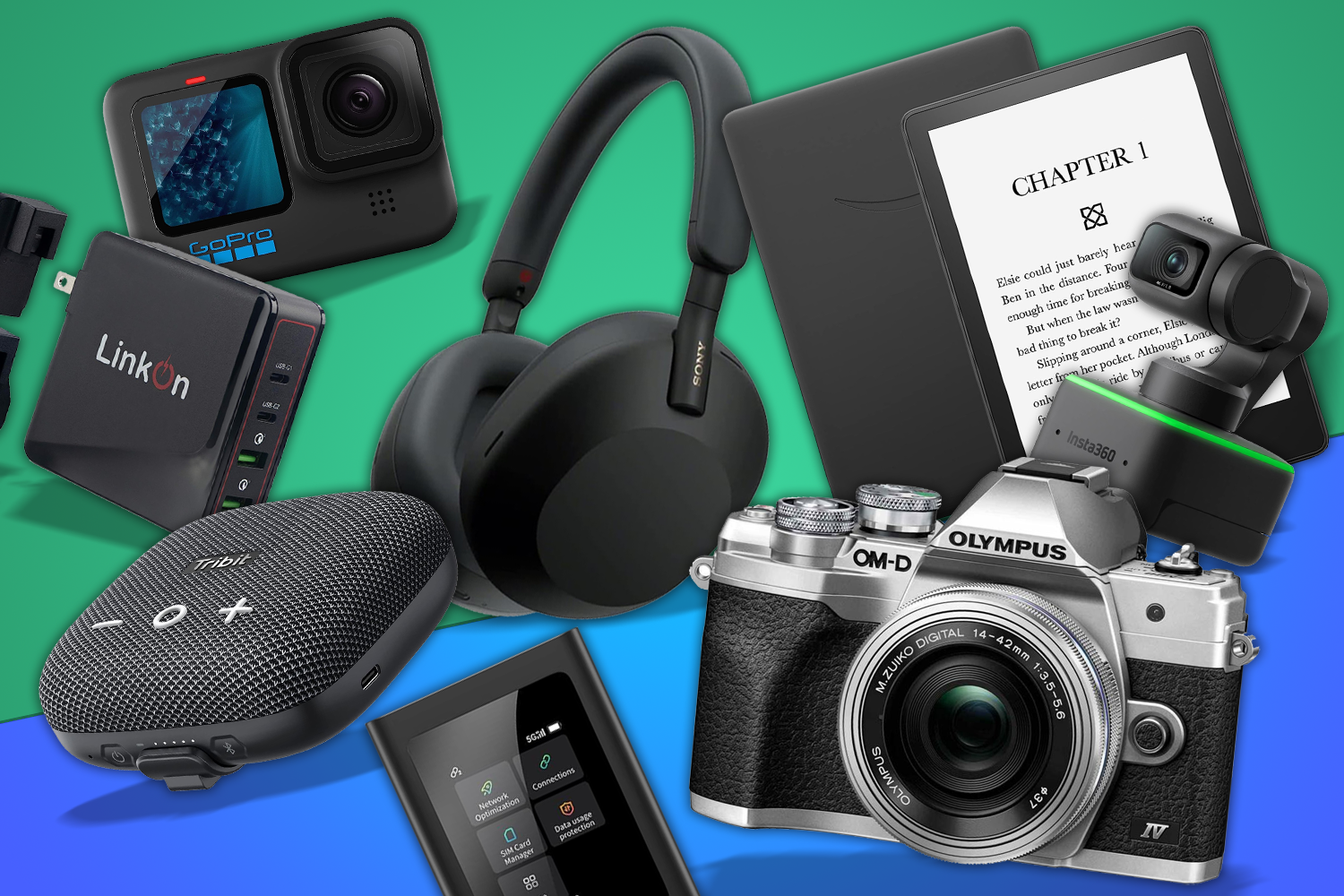
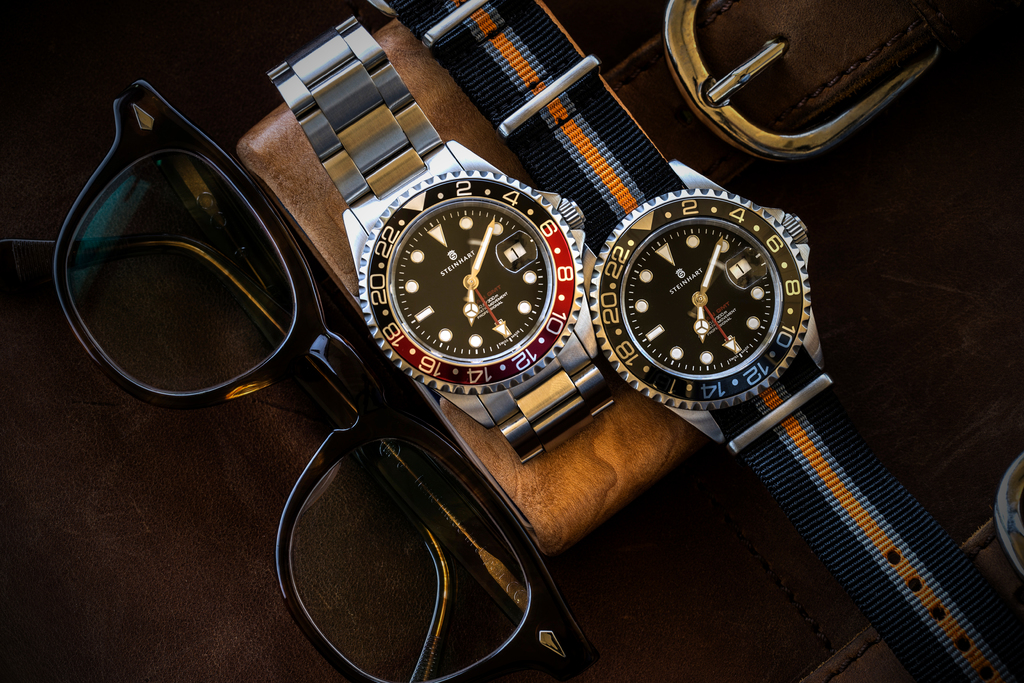

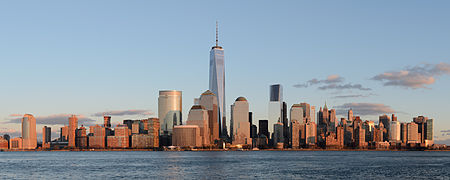
Leave a Reply